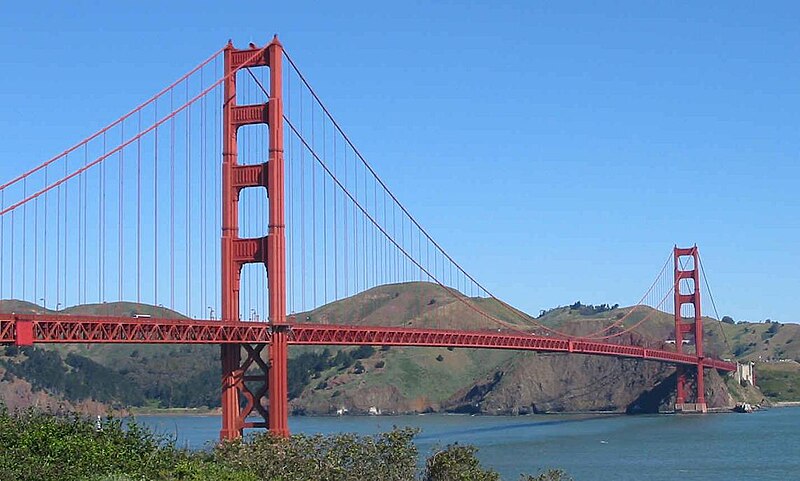 Planet Earth is unwell, argues James Lovelock in The Green Room. Emissions of greenhouse gases and other environmental changes have, he says, brought humanity and the natural world to the edge of crisis.
Planet Earth is unwell, argues James Lovelock in The Green Room. Emissions of greenhouse gases and other environmental changes have, he says, brought humanity and the natural world to the edge of crisis.The Intergovernmental Panel on Climate Change report, published in 2001, is one of the scariest documents you will ever read.
It talks about changes to the Earth by the end of this century which will be as great or greater than occurred between the end of the last Ice Age and the time when humans started changing the atmosphere; it is huge.
It alarms me, and it should alarm anyone. More >>>






